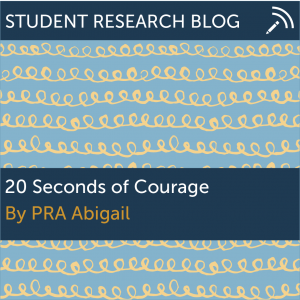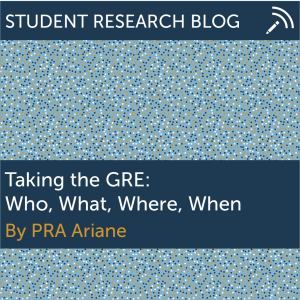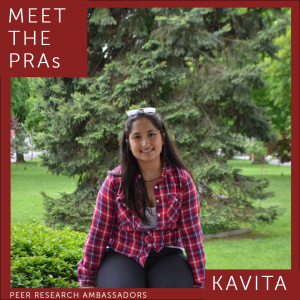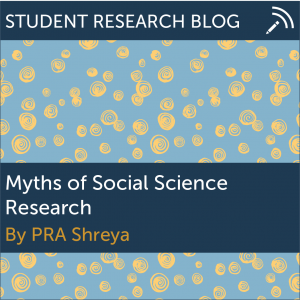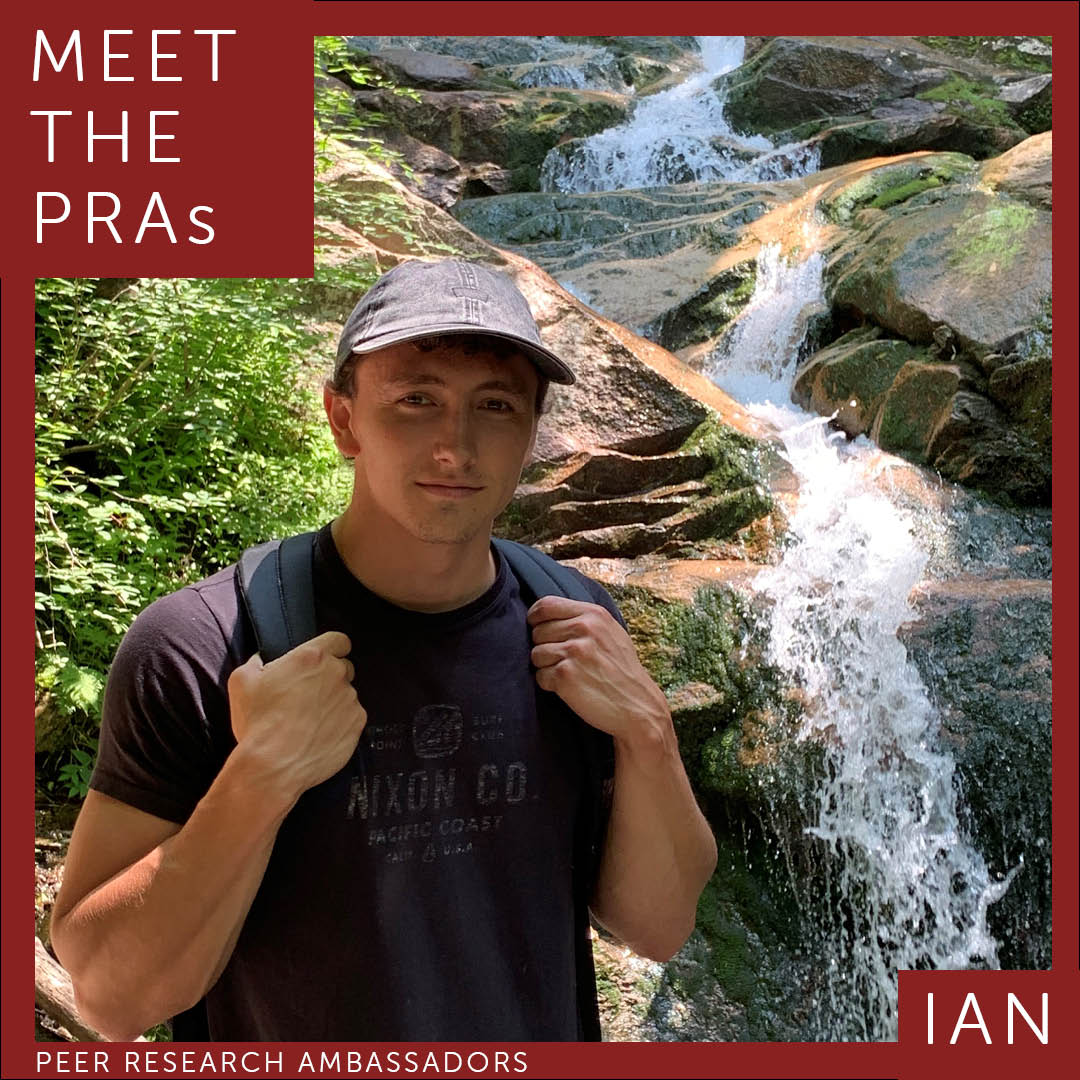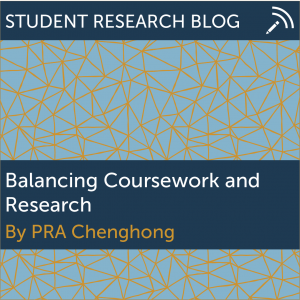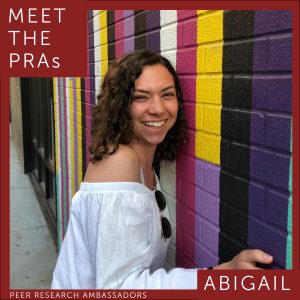Meet Brendan Hogan ’21, an OUR Peer Research Ambassador (PRA) majoring in Political Science, Psychology, and Philosophy.
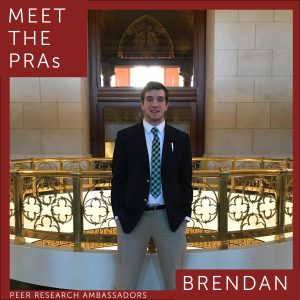 What is the focus of your research?
What is the focus of your research?
In my Freshman and Sophomore years, I participated in research that revolved around the influence of intellectual humility upon public discourse. Essentially, when someone engages in a conversation with another person over a political issue in today’s political climate, the conversation tends to go into one of two directions. When a conversation begins, it can either end with both parties either agreeing or both parties disagreeing. When both parties disagree over a topic, a hostile conversation usually is created where both sides become angry and attempt to force their opinion on the other. Thus, the researchers I worked with were trying to create a third outcome where parties instead agreed to disagree. With this, an attempt was made to have both sides acknowledge the facts of the other side and ultimately end the conversation with a humble realization that we are all trying to find a solution. Thus, the overall goals were to promote this idea that we are all attempting to solve the issues of today and need to work together as a society to compromise.
Currently, I am beginning to participate on a project that will examine the role of race and the far-right in the making of the US-led postwar ‘liberal international order’. In particular, through theoretically-informed empirical analysis, the manuscript that I will be helping edit will show how the far-right contributed to the crystallization of a distinct racialized anticommunist politics at home crucial to US power-projection abroad.
In the future, I hopefully will be able to carry out a research project where I can intertwine my love for photography with this current project I am working on. I may look towards the area of political journalism to find a more solidified direction for my project.
Why did you get involved in research?
When I was provided my initial opportunity to carry out research, I saw it as a chance to become exposed to a real life research project. From that opportunity, I hoped that I would be able to take what I learned and then carry out my own project. While the research experiment was an important aspect of the project, it was also pertinent that I became accustomed to the behind-the-scenes management and organization of a project.
In addition, I chose all these research opportunities as I felt a desire to understand these areas of political science and attempt to figure out how researchers are trying to solve the political issues of today. Without this desire to take part in these specific projects, I would not have gotten involved as the work and research may not have been enjoyable.
What advice would you give to incoming freshmen?
When you are jumping into college, it is easy to sign up for and commit to many extracurricular activities. If I could give you any advice, it would be to try to find a few things that you love the most and stay committed to those activities throughout your undergraduate years. Work to improve those clubs, positions, and opportunities, but also look to find a balance between your own personal life and college career. The next few years will be some of the most enjoyable years of your life, so don’t forget to take the time to not only build your resume, but to grow as an individual and find yourself. If you can do this, you will be able to graduate with an idea of what is important to you and what you want to do after your time at UConn.
Describe the impact your research experience has had on you.
After I finished my research around intellectual humility, I found that I have begun to approach arguments from the perspectives of both sides. This concept has really shed light on the issue of political polarization for me and has shown me that it is important to work towards compromises. With this real world application of research, this experience has left a lasting impact on my outlook in my everyday interactions with others.
What are your plans after graduation? How has involvement in research influenced your plans and/or prepared you for the future?
After I graduate, I hope to go to law school and eventually practice law in Connecticut, D.C., or New York. From this research, it has inspired me to try to see both sides in debates and conversations so that the facts of the argument can first be examined. From there, it has shown to me that no one side is necessarily always right, but rather both sides should try to meet in the middle and overcome any divides. Without people attempting to reach a middle ground, our polarized political climate will only worsen in the future. Thus, as my previous research was applicable to my area of studies, I have found that it has allowed me to grow as a political scientist, a potential lawyer, and even as an individual.
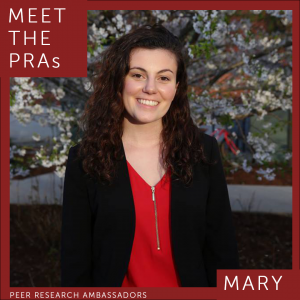 What is the focus of your research?
What is the focus of your research?